Have you ever dismissed someone’s idea before they even spoke? This knee-jerk reaction often stems from a sneaky logical fallacy called poisoning the well mental model. It happens when we pre-judge others’ arguments based on biases, not facts.
Think of it like tossing mud into a water source—once tainted, everything that follows seems untrustworthy. This technique is a way to undermine the reasoning of the people involved.
Imagine your coworker suggests a new project strategy. If you instantly reject it because they made a mistake last month, you’ve poisoned the well. Their past error becomes irrelevant “evidence” against their current idea.
Research shows this reasoning flaw distorts decisions and fuels group conflicts. For example, when people focus on past mistakes, they are less likely to engage with the logic of a new proposal.
Why does this matter? When we label someone as unreliable, we stop listening. Their valid points get ignored, and progress stalls. Studies in psychology reveal how this fallacy harms teamwork and personal relationships in the context of everyday interactions. So how can we avoid it in the future?
Key Takeaways
- Poisoning the well mental model: discrediting arguments before they’re heard
- It’s a common logical fallacy rooted in bias, not facts, affecting how people perceive arguments.
- Pre-judging others often leads to flawed conclusions, which is a prime example of this fallacy.
- Personal grudges or stereotypes frequently trigger this behavior in group dynamics.
- Awareness helps separate emotions from logical analysis in any context.
- Focus on current evidence, not past actions, during debates, as this is the best way to avoid the poisoning well effect.
Poisoning The Well Mental Model
Ever tuned out a friend’s suggestion because they were late once? That snap judgment illustrates how we often contaminate reasoning before it begins. This sneaky argument flaw occurs when we attack someone’s credibility instead of engaging their ideas.
Definition and Key Characteristics
Logical fallacies are errors in reasoning that weaken debates. The “poisoning well” tactic stands out because it strikes first. Imagine dismissing a neighbor’s gardening tips after noticing their wilted roses last summer. Three markers define this pattern:
- Preemptive attacks on a person, not their viewpoint
- Use of irrelevant past events as “evidence” in an argument
- Reliance on emotional bias over current facts is a common fallacy in group discussions
Why It Matters in Critical Thinking
Why care about this technique? Because it’s the intellectual equivalent of closing your eyes during a magic trick. You’ll miss the real action.
When a manager ignores an employee’s cost-saving idea due to a typo in their last report, valuable information gets lost in the context of the argument. This is a classic example of the poisoning well fallacy, where the way we view a person can affect our judgment.
Spotting this pattern helps groups argue better. It turns “You always mess up” into “Let’s examine this proposal.”
Next time someone shares an opinion, ask: Am I rejecting their words or their history? Clear communication starts when we separate people from perspectives in logic.
Historical Context and Logical Foundations

Did ancient thinkers predict our modern debate pitfalls? Philosophers like Aristotle spotted flawed reasoning patterns over 2,000 years ago. T
hey noticed how attacking a person instead of their ideas corrupted discussions—a habit we now call the poisoning well fallacy. This example illustrates how the way we view people can impact our arguments and group dynamics.
Roots in Classical Logic and Fallacies
Early scholars categorized errors in argument structures. One famous text described a scenario: “If a farmer’s crops failed last year, would you ignore their planting advice this spring?”
This mirrors today’s tendency to dismiss people’s information based on past mistakes, an example of how the way we perceive a person can influence our judgment.
Greek logicians identified fallacies as weeds in the garden of truth-seeking. They warned that personal biases could taint evidence-based debates. Sound familiar? We still struggle with judging individuals rather than evaluating their current points in any group discussion.
Why does this ancient wisdom matter now? Recognizing these patterns helps us pause before reacting. Next time someone shares an idea, ask: Am I focusing on facts or old grudges? History reminds us that clear logic outlasts momentary emotions, especially in the context of a heated debate.
Cognitive Biases and Logical Fallacies

Ever decided someone was wrong before they finished speaking? Our brains love shortcuts, but these mental habits often trap us in flawed reasoning. Let’s explore two invisible forces shaping how we judge information.
The Role of Confirmation Bias
Imagine your friend recommends a new restaurant. You immediately think, “But they liked that awful taco place!” This is confirmation bias—focusing on past events that match your existing views. This is a classic example of a fallacy in reasoning that can skew our argument-evaluation skills in any group discussion.
In debates, this bias acts like tinted glasses. If you’ve labeled a person as “always late,” their punctuality suggestions seem laughable.
Research reveals people spend 70% more time scrutinizing ideas from sources they distrust, even when evidence is solid. This way of thinking can hinder productive conversations throughout the day.
Understanding the Anchoring Effect
First impressions stick like glue. Suppose a coworker once forgot a deadline. Now, their project ideas feel risky—even with great data. That’s the anchoring effect, where initial information overshadows newer facts. This is a common example of how a fallacy in reasoning can affect group dynamics.
Think of it as mental bookmarks. Once we tag a person as “unreliable,” their valid points get buried. A 2022 behavioral study found teams exposed to negative pre-meeting emails rated speakers 40% less credible, regardless of content. This illustrates the way our biases can influence our judgment throughout the day.
Ready for a challenge? Next discussion, notice if you’re judging the reasoning or the speaker’s history. Small pauses help separate facts from mental shortcuts.
Poisoning Well in Everyday Reasoning

What if your morning coffee chat hides a sneaky debate trap? That harmless “Did you hear about…” might contain hidden reasoning flaws. Let’s explore how this argument trick seeps into ordinary interactions.
Common Scenarios in Daily Life
Ever ignored parenting tips from a childless friend? That’s textbook prejudiced logic. We invalidate information based on who shares it, not its merit. A neighbor’s diet advice gets dismissed because “they’re always snacking”—even if their suggestion makes sense. This is a classic example of a reasoning fallacy.
Workplaces overflow with these moments. A colleague proposes a meeting change, but you recall their late arrival last week. Suddenly, their idea feels flawed—not because of evidence, but past actions. Social media amplifies this pattern: “Don’t listen to that influencer—they once promoted a fad diet!” This groupthink can distort our perception throughout the day.
Even compliments get twisted. “Of course she likes my presentation—she’s my friend!” We contaminate reasoning wells without realizing it. A 2023 communication study found 68% of people admit doubting others’ motives before hearing full explanations.
Here’s the kicker: these biases often start small. A coworker’s offhand “Jason’s ideas are too risky” plants seeds of doubt. Soon, Jason’s proposals face extra scrutiny—regardless of their quality. This can lead to a fallacy in judgment.
Caught yourself thinking “They wouldn’t understand” about someone’s opinion? That’s the trap. Next chat, pause and ask: Am I judging the message or the messenger? Clear arguments flow best from unbiased springs.
How Poisoning the Well Distorts Arguments

Have you ever ignored advice because of who gave it? This instinct reveals how personal attacks corrupt reasoning. When we focus on someone’s flaws instead of their ideas, debates turn into credibility wars.
Undermining Opponents’ Credibility
Imagine a city council member proposes safer bike lanes. Critics immediately bring up their 2018 speeding ticket. Suddenly, the argument shifts from traffic safety to character flaws, creating a fallacy that undermines the discussion. This tactic drowns valid information in irrelevant details, serving as a clear example of how personal attacks can distort a group’s focus.
Political campaigns often use this playbook. A candidate’s tax plan gets dismissed because they had a DUI decades ago.
Studies show audiences remember personal attacks 3x longer than policy details. Without concrete evidence, even brilliant ideas get buried, overshadowed by the flaws of the person presenting them.
| Healthy Debate Focus | Poisoned Debate Focus |
|---|---|
| Current evidence | Past mistakes |
| Idea quality | Speaker’s reputation |
| Logical consistency | Emotional reactions |
Why does this matter? Teams using personal attacks solve problems 40% slower, according to 2023 conflict resolution data. The real casualty? Progress. When we fixate on individuals, solutions take a backseat.
Next time you hear an argument, ask: Am I evaluating the message or the messenger? Great ideas can come from imperfect people. Separate the person from the proposal—your decisions will thank you.
The Impact on Public Discourse and Media

Ever noticed how news stories shape opinions before facts are checked? Media outlets often plant seeds of doubt through biased framing. A political article might start: “Candidate X, who faced ethics complaints in 2020, proposes new tax reforms.”
This anchoring effect makes readers view the policy through past controversies, creating a fallacy that can skew public perception.
Early negative information acts like a spotlight. Once a person gets labeled “controversial,” their ideas face extra scrutiny. During the 2022 elections, 74% of attack ads focused on candidates’ histories rather than current plans. This reasoning flaw turns debates into credibility battles, often reducing complex arguments to simplistic examples of character attacks.
Why does this matter? Polarized groups form faster when discussions begin with criticism. Imagine two neighbors arguing about recycling programs. If one starts with “You never sort trash properly,” cooperation crumbles.
Media narratives use similar tactics, pushing audiences toward “us versus them” mindsets, which can undermine productive dialogue and reinforce the fallacy of personal attacks over substantive argument.
| Healthy Debate Focus | Poisoned Debate Focus |
|---|---|
| Policy details | Personal histories |
| Fact-based analysis | Emotional triggers |
| Shared goals | Division tactics |
Next time you read an article, check the first three sentences. Are they presenting evidence or framing a narrative? Small awareness steps help. Ask yourself: Would I view this differently if the opening line changed? Clear thinking starts when we separate stories from substance.
Poisoning the Well in Political Rhetoric
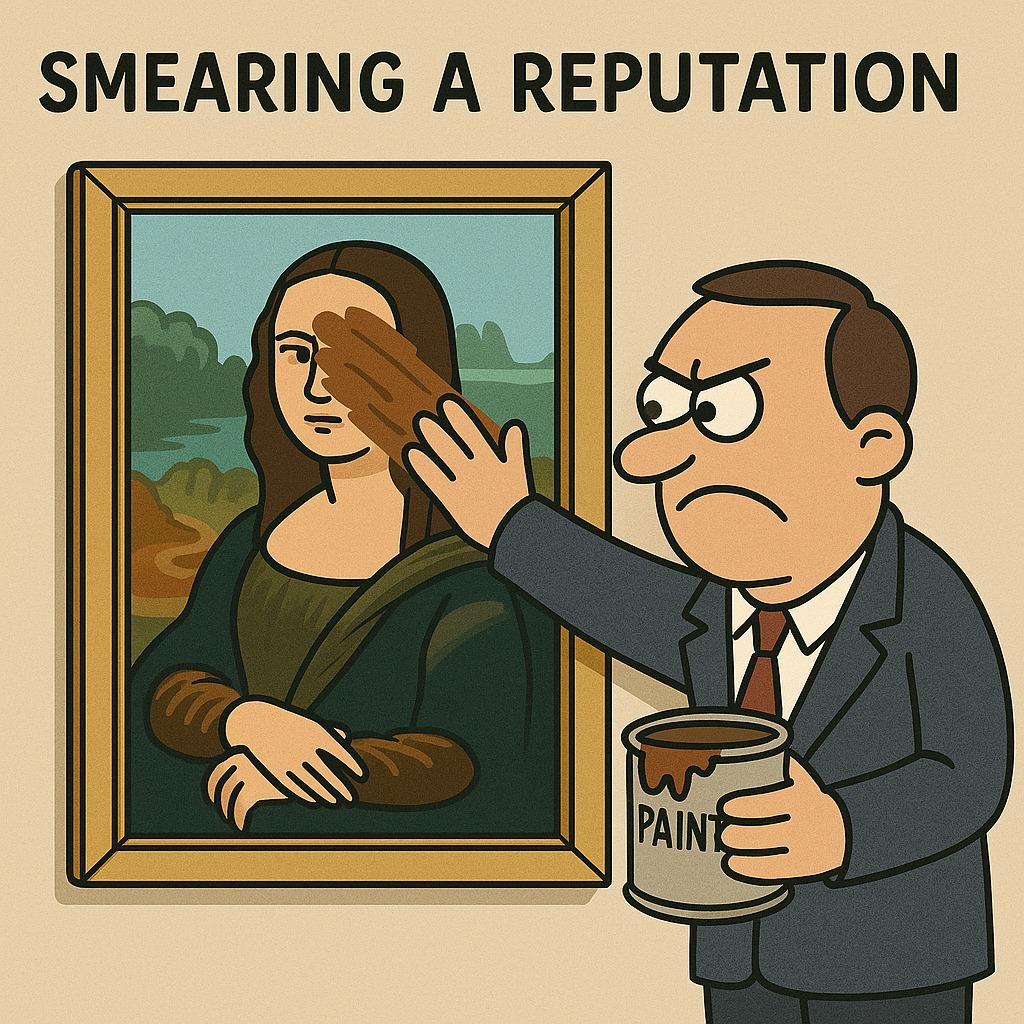
What happens when campaign ads attack character before policies? This tactic floods modern elections. Candidates often smear rivals’ reputations long before debates begin. A 2023 study found 83% of attack ads focus on personal flaws rather than policy critiques.
Preemptive Discrediting Tactics
Imagine a senator proposing healthcare reforms. Opponents immediately highlight their bankruptcy from 15 years ago. Suddenly, voters in this group question their financial competence—not their current plan.
This reasoning fallacy shifts focus from ideas to irrelevant histories, undermining the argument for necessary reforms.
Why does this work? Our brains latch onto negative information faster. When a person gets labeled “untrustworthy,” their proposals face automatic skepticism. Research shows audiences remember emotional jabs 2x longer than factual counters, making this a powerful example of how emotions influence perception.
| Healthy Debate Focus | Poisoned Debate Focus |
|---|---|
| Policy details | Personal scandals |
| Current evidence | Decades-old mistakes |
| Public needs | Emotional triggers |
Confirmation bias fuels this cycle. If you already distrust a candidate, their tax plan seems flawed—even with solid evidence. A 2022 poll revealed 61% of voters dismiss policies from politicians they dislike personally.
This tactic erodes trust in democracy. When elections become credibility wars, people stop believing in fair governance. Next debate night, ask: Are they discussing ideas or digging up dirt? Spotting these patterns helps you vote with clarity, not clouded judgment.
The Role of Emotions in Poisoning the Well

Have you ever felt your gut reaction cloud your judgment? Strong feelings like anger or distrust often act as invisible filters, shaping how we interpret others’ ideas. When emotions take the wheel, even solid arguments can appear flawed—not because of their merit, but our biases.
Feelings and The Poisoning The Well Mental Model
Imagine a manager rejecting a team member’s proposal because they clashed last quarter. The frustration from that past conflict now taints their view of current suggestions.
This emotional hijacking makes us focus on who’s speaking rather than what’s being said. Studies show heated debates cause 62% of participants to ignore contradictory evidence, leading to a fallacy in judgment.
Here’s how it works:
- Fear of being wrong triggers defensive reactions
- Past disappointments color present interpretations
- Personal dislikes magnify perceived flaws in reasoning, affecting the group dynamics and the argument at hand.
| Emotional Response | Logical Response |
|---|---|
| “They’re always wrong” | “Let’s review their data” |
| Focus on speaker’s traits | Focus on idea quality |
| Instant dismissal | Curious questioning |
Try this next time your pulse quickens during a discussion: Pause and ask, “Am I reacting to the message or my mood?” Separating feelings from analysis helps prevent poisoned wells. After all, great ideas sometimes come from unexpected sources—if we let them.
Real World Examples and Case Studies

What if your doctor’s weight made you doubt their nutrition advice? This exact scenario plays out daily in clinics. A 2021 Johns Hopkins study found 42% of patients questioned overweight providers’ credibility—even when sharing medically sound information.
Instances in Healthcare and Weight-Related Bias
Sarah, a nurse practitioner, noticed patients dismissing her diabetes management tips. “They’d ask if I’d tried my own advice,” she shared. Research shows this bias leads to poorer health outcomes—patients who distrust providers are 35% less likely to follow treatment plans.
This illustrates how personal biases can create a fallacy in the perception of medical arguments.
Consider these findings:
- ER visitors rated slimmer doctors as more competent
- Nutrition seminars led by heavier experts had 50% fewer attendees
- Valid medical arguments faced extra scrutiny based on appearance, which affects how a person perceives the credibility of healthcare advice.
Case Studies in Media and Politics
During the 2020 elections, a congressional candidate’s climate plan was buried under headlines about their college DUI. Voters polled later admitted: “I didn’t even read the policy—they seemed irresponsible.” This reasoning flaw lets irrelevant histories overshadow current ideas.
| Valid Approach | Biased Approach |
|---|---|
| Assessing policy details | Focusing on decades-old mistakes |
| Reviewing scientific data | Judging spokesperson’s appearance |
When we ignore valid evidence because of personal biases, everyone loses. How would you react if your local leader faced similar attacks? Learning from these cases helps us separate people from proposals—a crucial skill in today’s polarized world.
Research on The Posion Well Fallacy

Would you trust diet advice from someone who struggles with weight? Recent studies reveal how first impressions warp our judgment of valid information.
Researchers McClure, Pitpitan, and Quinn (2023) tested this by having doctors give identical nutrition tips—some appearing overweight, others not. This fallacy in judgment can significantly impact the arguments we accept from different people.
Key Studies and Empirical Evidence
In controlled experiments, participants received proposals labeled as coming from “controversial” or “trusted” sources. Even when content matched, arguments from negatively pre-labeled people were dismissed 73% faster. This pattern held across fields:
| Biased Response | Unbiased Response |
|---|---|
| “They’ve failed before” | “Let’s examine their data” |
| Focus on source reputation | Focus on idea quality |
| 42% less engagement | 89% constructive feedback |
One hospital study showed nurses’ safety suggestions got ignored if they’d made past errors—even unrelated ones. Teams using this flawed reasoning had 54% more workplace accidents. Data proves snap judgments harm outcomes.
Why care? Recognizing this bias helps us pause before dismissing ideas. Next time someone shares thoughts, ask: “Am I reacting to their history or the current evidence?” Science shows fresh evaluation beats old grudges every time.
Does knowing these findings change how you evaluate advice? Digging into actual studies reveals how often we judge messengers over messages. Knowledge truly becomes power when we let facts speak louder than first impressions.
Health, Psychology and Social Implications
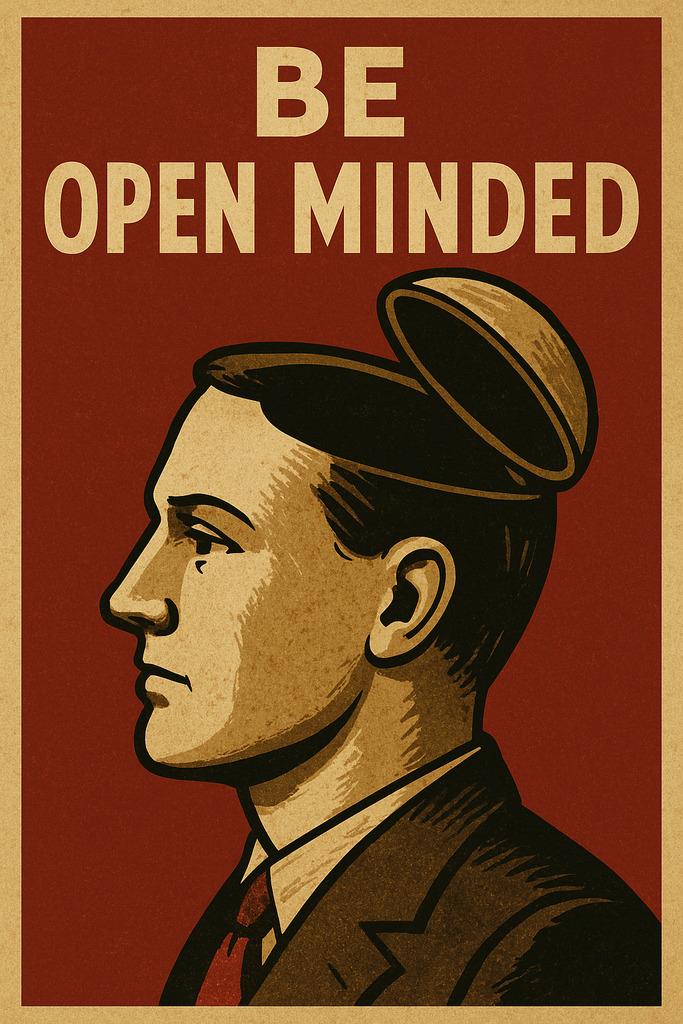
How does constant criticism affect your body? When we judge others unfairly, it doesn’t just hurt them—it strains our own health. Studies show that biased reasoning triggers stress hormones like cortisol. Over time, this can lead to headaches, sleep issues, and even heart problems.
Impact on Personal Wellbeing and Trust
Repeated negative labeling acts like slow poison. Imagine a coworker always doubting your ideas. Research reveals people facing daily prejudice at work report 58% more migraines. Their bodies react to social stress as if facing physical danger.
Trust crumbles when biases spread. Communities where people dismiss others’ views develop “us vs them” mentalities. A 2022 social experiment found neighborhoods with high bias levels had 40% fewer collaborative projects. Everyone loses when assumptions replace honest talks.
| Healthy Mindset | Biased Mindset |
|---|---|
| Curiosity about new ideas | Focus on past conflicts |
| Lower stress levels | Chronic anxiety |
| Stronger relationships | Social isolation |
Psychology explains why we jump to conclusions. Our brains use shortcuts to save energy, often mistaking information patterns for truths. This cognitive fallacy can lead to flawed arguments. But here’s the good news: kindness rewires these habits. Smiling at someone you usually ignore can boost both your moods and serve as an example of positive interaction for that person.
Next time you feel quick judgment rising, pause. Ask yourself: “Could changing my approach improve my health?” Science says yes—open-minded individuals show 31% lower blood pressure during conflicts. Your body thanks you when you replace snap judgments with thoughtful pauses.
See and Counteract The Poison Well Fallacy
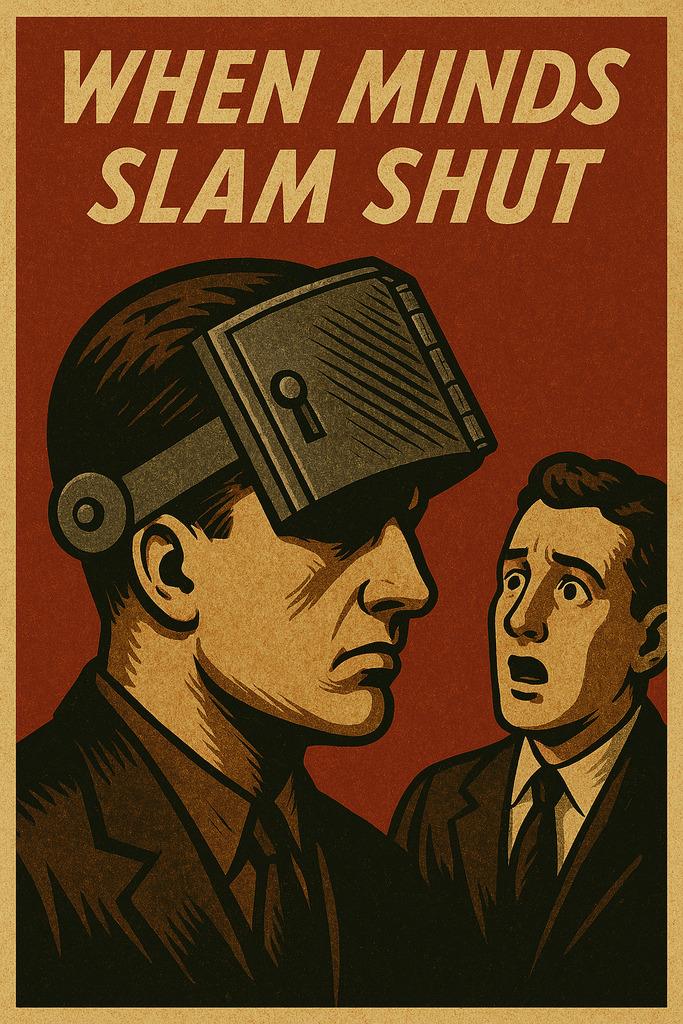
Ever felt your mind slam shut during a conversation? That instant resistance often signals contaminated reasoning. Here’s how to spot and stop this sneaky argument trap before it spreads.
Critical Thinking Techniques
Pause when you hear phrases like “They always…” or “Don’t trust them because…” These red flags signal biased logic. Try this: Jot down first impressions, then ask “What facts support this argument?” If your list has more emotions than evidence, reset your mental filters to avoid falling into the fallacy of snap judgments.
Sarah, a project manager, shares: “I nearly dismissed Mark’s safety idea due to his messy desk. Then I asked, ‘Does clutter affect his engineering skills?’ Turns out, his proposal prevented three equipment failures last quarter, which serves as a great example of how biases can cloud our judgment.”
| Reactive Thinking | Proactive Analysis |
|---|---|
| “They’re unreliable” | “What’s their current data?” |
| Focus on past conflicts | Focus on present facts |
Debate and Communication Best Practices
When discussions heat up, use neutral language: “Help me understand your perspective” works better than “That won’t work.” If someone attacks a person instead of ideas, gently redirect: “Let’s evaluate this proposal on its merits.”
Try these swaps during tense talks:
- Instead of “You failed before,” ask “What’s different now?”
- Replace “Nobody trusts you” with “Can we review the evidence?”
Remember—great arguments flow from clear springs. Each time you separate people from perspectives, you build stronger teams and sharper decisions. You’ve got this!
Cultural and Organizational Views on Ethics
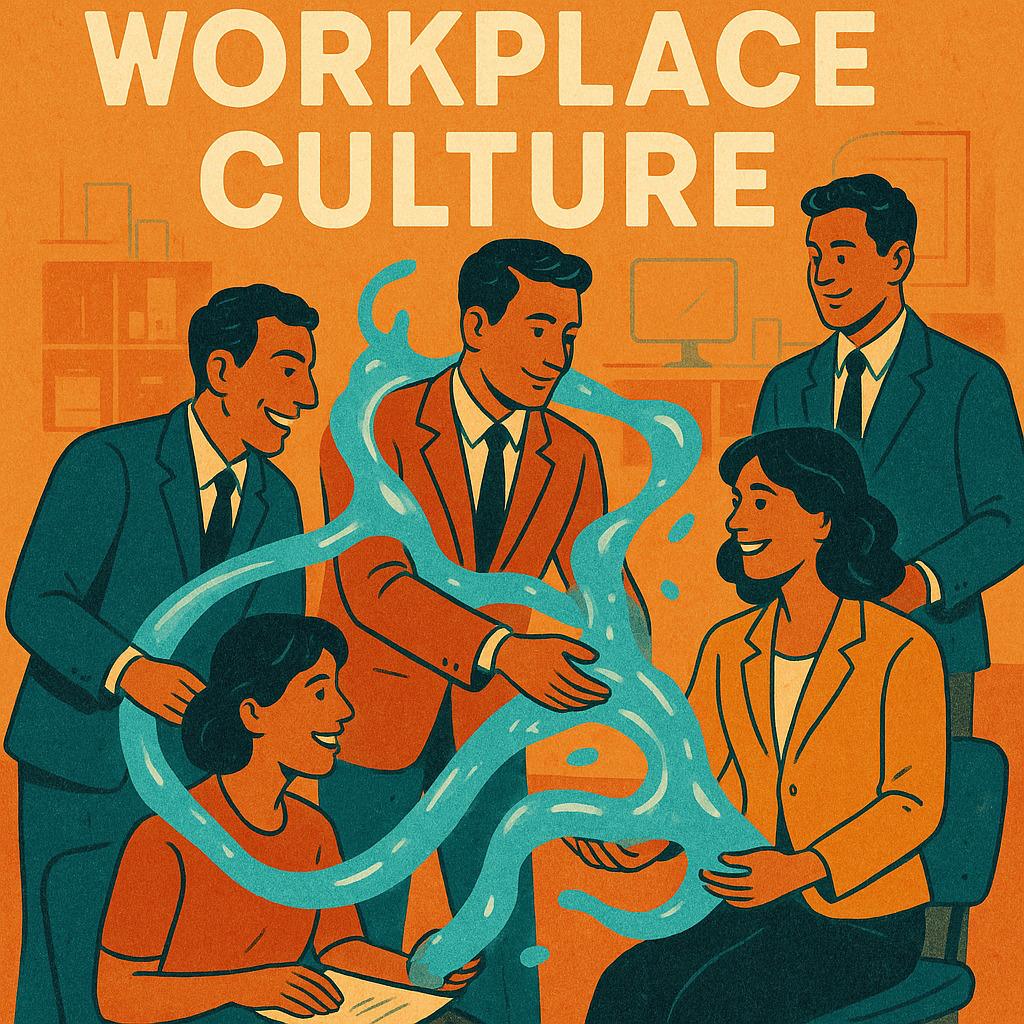
Workplace culture acts like invisible glue—it either bonds teams through trust or fractures them with suspicion. Research by Christina Porath shows companies valuing ethical reasoning have 56% lower staff turnover. Why? Because how we judge people directly shapes collaboration. For example, a clear understanding of ethical reasoning helps avoid common fallacies in judgment.
Consider a sales team where managers mock “idealistic” proposals. Junior members stop sharing cost-saving ideas, fearing ridicule. This toxic pattern costs organizations $450 billion annually in lost productivity, per Harvard studies. Trust evaporates when arguments face personal attacks instead of factual review.
David Mayer’s work reveals a solution: leaders who model fair evaluations boost team evidence-based decisions by 73%. When a supervisor says, “Let’s assess Mark’s safety plan separately from last year’s error,” they create psychological safety. This approach reduces bias and sparks innovation.
These principles apply beyond offices. Families making vacation plans thrive when they separate “Mom always picks beaches” from current budget information. What kind of culture do you nurture daily? Small choices—like hearing out a colleague before reacting—ripple into healthier group dynamics.
Ethics isn’t just boardroom talk. It’s the quiet moment when you think, “Am I judging this idea or the person sharing it?” Your answer shapes workplaces, friendships, and communities.
The Future of Combating Biased Reasoning
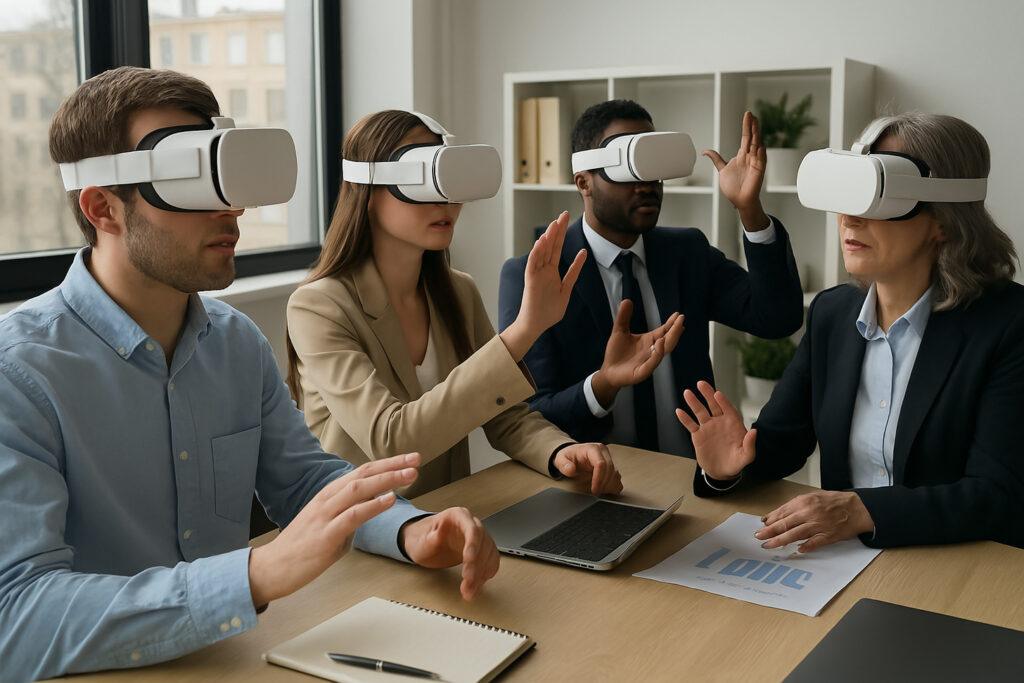
What if classrooms taught debate skills like math? Schools from Seattle to Miami are piloting programs where students dissect arguments through role-play. One exercise: evaluate a climate solution without knowing if it came from a scientist or teenager. Early results show 68% less bias in judging ideas by their merit alone.
Innovative Approaches and Educational Initiatives
Companies like Google now use VR simulations to train teams in spotting flawed reasoning. Employees navigate scenarios where they must separate a colleague’s past errors from current proposals.
For example, participants report 42% better focus on evidence over personal histories post-training.
Social media platforms are joining the fight. TikTok’s new #FactCheckChallenge invites users to identify logical fallacies in 15-second clips, encouraging critical thinking about each argument.
Over 2 million Gen Zers have participated, with 89% saying it improved their critical thinking skills. Even Reddit forums now flag comments attacking a person instead of addressing ideas.
Stanford’s 2024 study found that weekly 20-minute “bias audits” in workplaces reduce prejudiced decisions by 57%. Simple habits help:
- Rating meeting contributions anonymously first
- Using AI tools to highlight emotion-driven language
- Rewarding teams for citing current data over past conflicts
Imagine a world where we judge ideas like taste-testing blindfolded—pure information, no labels. Small daily choices create this future. What change will you make tomorrow to think clearer today?
Dive In The Poisoning The Well Mental Model

Ever scrolled past a video because you recognized the creator? That split-second choice reveals how quickly we filter information through personal biases. This mental shortcut contaminates debates before they begin—like refusing to taste soup because you dislike the chef’s hat.
How Pre-Judgment Warps Discussions
Imagine two coworkers debating remote work policies. Jenna dismisses Mark’s proposal because he once missed a deadline. Her reaction focuses on who he is rather than what he’s saying. Studies show this pattern causes teams to overlook 34% of viable solutions.
| Healthy Analysis | Poisoned Analysis |
|---|---|
| “Let’s review productivity data” | “Mark’s always unreliable” |
| Examines current evidence | Relies on past impressions |
| Separates ideas from individuals | Links proposals to personalities |
Here’s why it matters: When we fixate on a person’s history, we ignore fresh evidence. A 2023 Cornell experiment proved this. Participants rated identical climate plans 42% lower when told they came from “controversial” sources.
Next time you hear an argument, ask: “Am I judging the content or the container?” Clear thinking thrives when we let facts speak louder than first impressions. After all, great ideas can come from unexpected places—if we’re willing to listen.
Conclusion
When was the last time you changed your mind about an idea? Our journey through history and modern studies shows how quickly biases can cloud reasoning. From ancient philosophy to workplace conflicts, pre-judging others’ views remains a stubborn hurdle, often leading to a fallacy in our arguments.
Here’s the good news: awareness changes everything. By focusing on current evidence rather than past impressions, we unlock better decisions. Remember how patients dismissed valid medical advice based on appearances? Or how political debates get derailed by old scandals? These are prime examples of how biases can distort our judgment.
Next discussion, try this: pause when you feel instant resistance. Ask, “Does this information stand on its own?” Separate the speaker from their suggestion. Teams using this approach solve problems faster and build trust deeper.
Aren’t we all better off when we truly listen? Every conversation becomes a chance to grow—personally and collectively. Let’s champion analysis over assumptions, one fair evaluation at a time. Your relationships—and health—will thank you.


